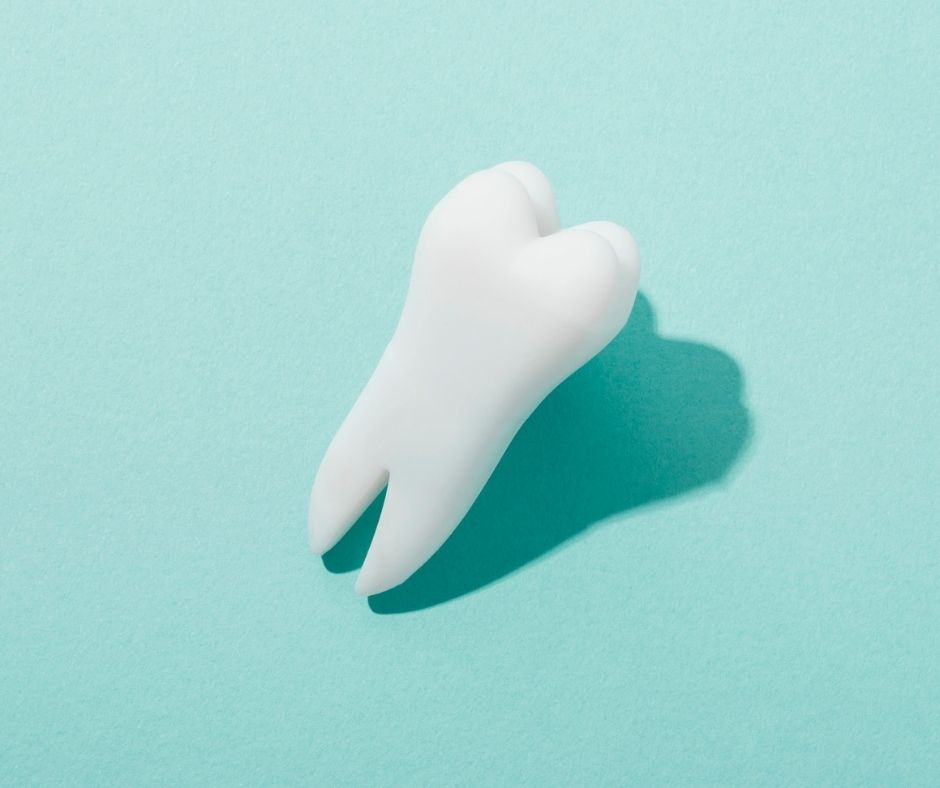Alveolar Bone

Humans tend to put a lot of stress on our teeth
Luckily for us, each one is secured in place by the bones and tissues in our mouths. Specifically, our teeth are anchored to the jaw by something called the alveolar bone. Never heard of it? You probably just know it by a different name. People commonly refer to this area as their tooth socket. But no matter what you call it, this bone is the primary support for your pearly whites.
Below the Surface
Your teeth are actually much longer than they appear on the surface, with a long root extending below the gums and into your jawbone. This deep anchor provides the strength needed to support the pressures of chewing. The part of the alveolar bone that encases these roots (the actual “socket”) is called the alveolus. At the base of the root is a strong tissue called cementum that fastens each tooth to the alveolar bone foundation.
Both the upper jaw (maxilla) and lower jaw (mandible) contain alveolar bone. In addition, a special ligament completes the package, binding teeth securely into place for maximum support.
Alveolar Bone Loss
Unfortunately, certain dental problems and habits, as well as the effects of time, can cause the alveolar bone to resorb, or dissolve. This bone loss can also lead to adult tooth loss over time. Periodontal disease , also known as gum disease is the major cause of this condition, which makes gum disease treatment an important step in preventing bone loss.
Other factors that may contribute to dental bone loss include:
Smoking – Smoking cigarettes, cigars and pipes have all been linked to increased risk of periodontal disease and alveolar bone resorption.
Ill-Fitting Dentures – Partial dentures or full removable dentures should be checked by your dentist on a regular basis. Poor fit can cause your dentures to rub against your jaw and wear away the bone over time.
Osteoporosis – Adults who are susceptible to bone loss, especially women, may be more likely to experience some alveolar bone loss.
Bad Oral Hygiene Habits – Given the link between gum disease and bone loss, bad oral habits can have serious consequences down the road. Good oral hygiene is important to keeping your dental health at its best.
As always, your dentist is your best resource to find out more about this dental condition. If you think you may be experiencing bone loss, make an appointment to discuss your concerns.